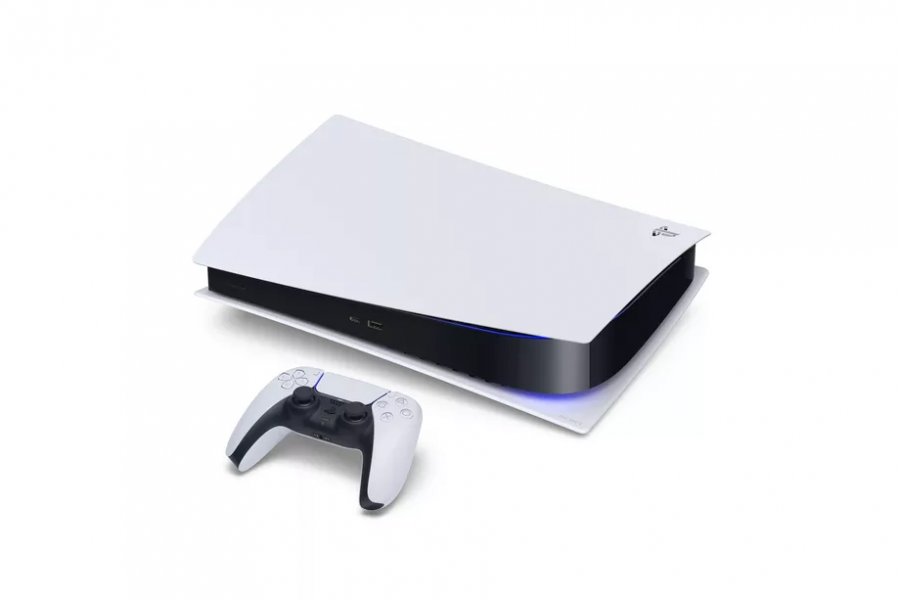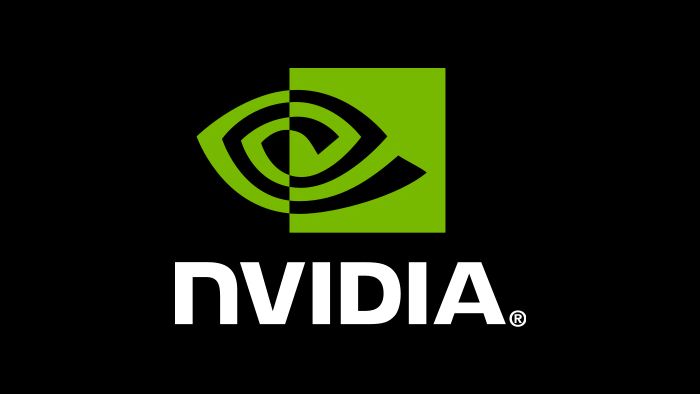
Cryptocurrency is the future! So says those twins who sued Mark Zuckerberg, your uncle who retired at 48 from selling “products,” and the Best Buy employee who doesn’t know how to restart a laptop.
In reality, cryptocurrency is a volatile, risky and highly unregulated digital currency that everyone from billionaire venture capitalists to your roommate, who took one economics class in high school, wants to get in on.
Cryptocurrency is digital currency that is designed to be secure and anonymous in most cases. It uses a technique called cryptography, a process used to convert legible information into almost uncrackable code, to help track purchases and transfers. It uses encryption methods that are used to generate and verify units of currency. This system allows the currency to operate independently, outside of a traditional banking system.
But therein lies great benefits and risks of cryptocurrency.
Its lack of conventional regulation means early investors have the potential to acquire wealth beyond limitation, but this also means the currency is subject to corruption, scams and large, unpredictable fluctuations in value.
So where do you, the average college student, fit into the cryptocurrency puzzle?
For those with little cash but big hopes of getting rich quick through cryptocurrency, I can’t advise going all-in on such an uncertain industry. Start padding your savings account with extra cash from that double you had to pull last Sunday instead.
For those with an expendable income to take a risk, you’re essentially throwing cash into off-brand slot machines.
Still not phased by the possible cons? Well, the best way to begin your cryptocurrency journey is to establish an account that’ll transfer your traditional dollars into digital coin. I’d recommend coinbase.com for your buying and selling needs.
So what should you buy? Bitcoin is the most talked about and recognizable cryptocurrency, but it also seems to fluctuate the most due to its high evaluation. Litecoin has a cheaper evaluation and generally tends to follow the same path as Bitcoin when it comes to price fluctuations. The difference being that its peaks and valleys aren’t quite as drastic.
Then again, all of that information is subject to change on a day-to-day basis as cryptocurrency predictions seem to be based more upon past trends than calculated analysis.
But what about mining? Cryptomining is essentially selling your own computer’s processing power to someone else who needs to generally solve complex mathematical problems. In return, you get paid with cryptocurrency. The more powerful the computer hardware, the more problems you solve, and the more money you make. It’s an exhilarating prospect, making money by keeping a computer on. In reality, cryptomining is an expensive investment that will take a tremendous amount of time and computing power to recoup not only your initial investment, but the money it takes to run the mining rig on a daily basis.
If you, for some reason, feel the desire to navigate through the murky waters of price inflated processors and graphics cards in order to mine the illusive digital currency, just make sure you can truly dedicate the time and electricity cost to maintaining a stable rig.
—
For more information or news tips, or if you see an error in this story or have any compliments or concerns, contact editor@unfspinnaker.com.















